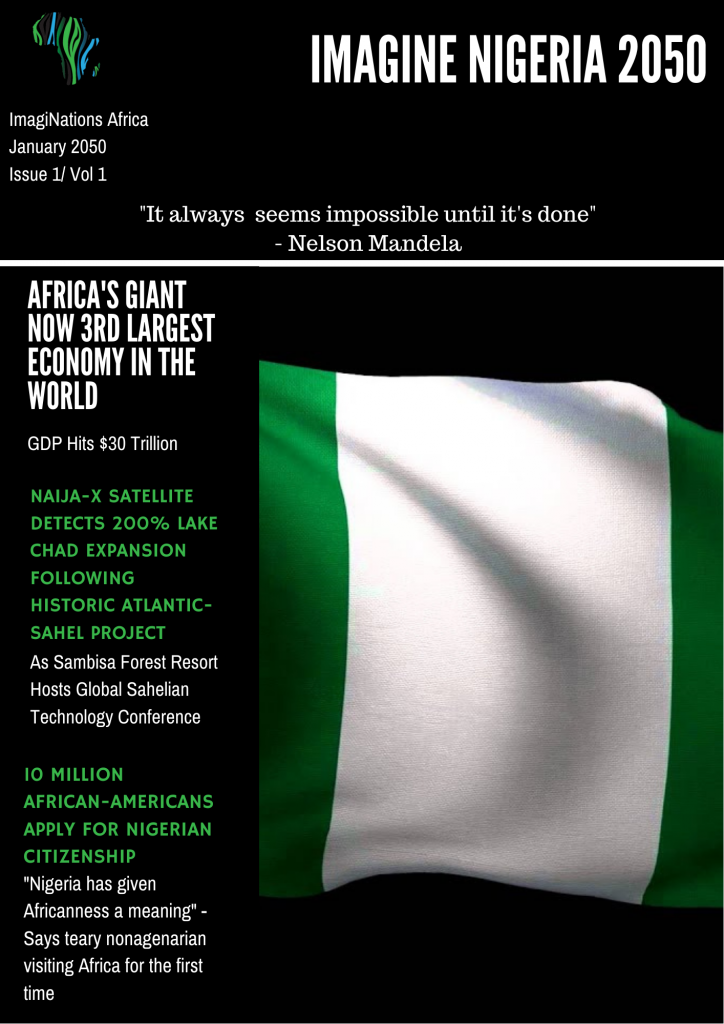Nigeria is Africa’s most populous country and the third largest country in the world by population, next only to India and China. By per capita income, Nigeria is also Africa’s richest country and the 5th wealthiest in the world. As Africa’s leader in the transformation from Third World to First, Nigeria has remained on the global news headlines for all the right reasons.
For instance, Nigeria is undoubtedly a global leader in holistic digital transformation of education. In our recent visit to Uzogholo-Ewu, an ultra-modern village in Edo State in the South of the country, we saw pupils learning in real time with counterparts in top-rated elementary schools across the globe on “Imole,” a globally acclaimed multilingual learning platform designed by Professor Usman Abdul of the University of Calabar. Professor Usman was born in Sokoto and learned coding at the Reformed Almajari System (RAS) before graduating with a first class in Virtual and Augmented Reality from the world-renown Makoko Institute of Technology (MIT) which is fifth on the World University Rankings. MIT is located on the Isles of Makoko, one of the world’s most breathtaking artificial islands. What’s more? The Isles of Makoko used to be a slum in Lagos, Africa’s largest economy! But that’s not all; Usman would later obtain a PhD in Digitalised Education from the Federal University of Technology Owerri, Imo State, the world’s leader in digital research.
These sorts of inspirational stories of personal, organisational, community, subnational and national transformation are quite common in a country that has led the emergence of the 21st century Africa. In spite of the proliferation of these inspiring experiences, Nigeria remains the darling of global headlines.

The future of Nigeria rests in the imaginations of the Nigerian people. Imagine Nigeria 2050 seeks to unleash those imaginations towards the emergence of a great nation by the year 2050.